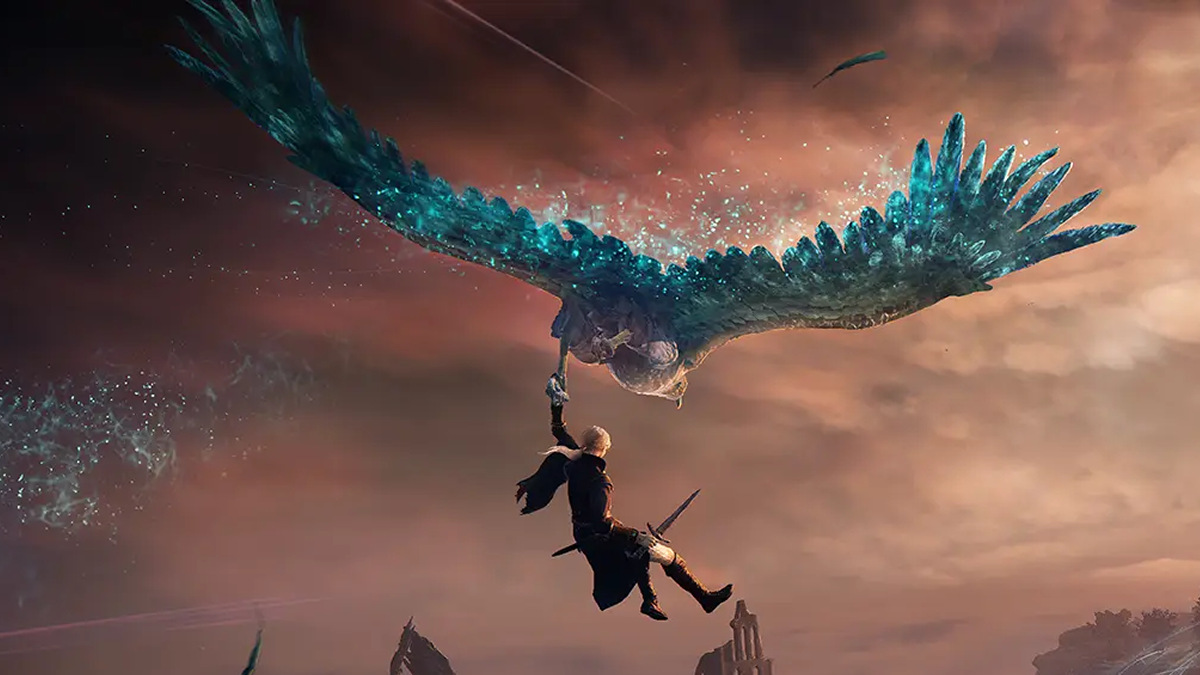Activision Publishing CEO Eric Hirshberg has revealed what happened inside the Call of Duty publisher on the day last year that Kotaku posted masses of leaked Modern Warfare 3 details.
You may remember that the US blog acquired all sorts of exciting things including artwork and more or less the entire storyline of the game.
Hirshberg told the story in a talk at Ad Age’s Creativity and Technology event at CES last week. Head over there to watch the video.
“We were probably nine months away from launching Modern Warfare 3. I was at my physical therapist. I remember it vividly. I’d just had surgery on my lower back. And my iPhone starts doing the [vibration noise].”
He had to come to terms with the leak very quickly. “Confidentiality really matters. It wasn’t cool. It was a real crisis. It was probably my first real crisis of this type on the job.”
A meeting was quickly assembled of all the key people who contribute to a Call of Duty game on the publishing side: PR people, marketing guys, product managers, and of course Activision’s security personnel who would need to work out what the hell had happened.
But it sounds like Hirshberg was just as dumbfounded as anybody.
“I came in [to this meeting] and everyone’s looking at me like, ‘What do we do?’ and I’m like, ‘I’m not sure I know, I’ve never been through this before.'”
Hirshberg said he quickly put the whole thing in context.
“If members of the government and the military are not immune to these kinds of things happening, we certainly are not, and we live in a digital, connected world, and these things happen a lot. They happen with issues and topics far more grave and far more important than Call of Duty,” he noted.
“So I realised in that meeting that we really needed to be having two different meetings…”
At that point, he booted out the security guys because, he reasoned, they had a very specific objective and knew what they needed to do. To the rest of the group, he said:
“Like it or not, our launch just started. It wasn’t on our timetable and we didn’t instigate it, but it’s out there, folks, and we can’t put it back in. And our fans didn’t do anything wrong today – they’re having a great day! They’re really interested in this game, they really want to know what happened, they’re poring over all of the details trying to figure out what’s true, what’s not, is it real, is it not – and we weren’t ready for this, but we’ve got to deal with it.
“And the wrong way to deal with it is to let the process of figuring out what happened with the leak be the public-facing sort of marketing message. That has to happen and that’s important work, but that’s not the dialogue you want to be having with your fans. Because you go into that silverback gorilla corporate lockdown mode and it’s not appealing, it’s not fun.”
Next up was a “half-day-long meeting with all the key stakeholders and heavy hitters”, and the goal of the meeting, Hirshberg says, was to complete a single sentence: “‘If this leak had never happened, we would never have been able to do… blank.’ If we can complete that sentence, we can go to bed tonight having turned a crisis into an opportunity and turned a negative thing into a positive thing.”
Some people in the room were keen to stick to the plan Activision already had, which was just four weeks away from going into action anyway, reasoning that only a small subsection of the game’s enormous fanbase would even realise what had happened.
But in the end they chose a different tack.
“The greatest value in this digital connected world is the value of transparency,” he said, “so we figured, let’s just be straight with people, let’s tell them what happened, then let’s lean into it.”
The resulting strategy was to immediately cue up the release of some teaser content that had been scheduled for a TV campaign a month hence, and push it out on Facebook, Twitter and YouTube directly to fans of the game, acknowledging the leak and the damage it could do but taking advantage of the publicity rather than going into Gestapo mode about the cause of it.
“A little fire of interest about our game just got started today,” Hirshberg recalled saying, “and on most other days of the year we would come in and say, ‘Hey, everyone’s on the internet talking about us,’ and that would be a good thing, right? Why is it because we didn’t instigate it and we didn’t control it, why does that instantly make it a bad thing? It’s not.
“So what we did was we took the fire of interest that had been lit and we poured gasoline on it.”
When Modern Warfare 3 was eventually released, it picked up glowing reviews and sold 2.8 million copies in the UK alone by the end of 2011 – less than its predecessor Black Ops, but considerably more than almost anything else.





Published: Jan 19, 2012 12:00 am